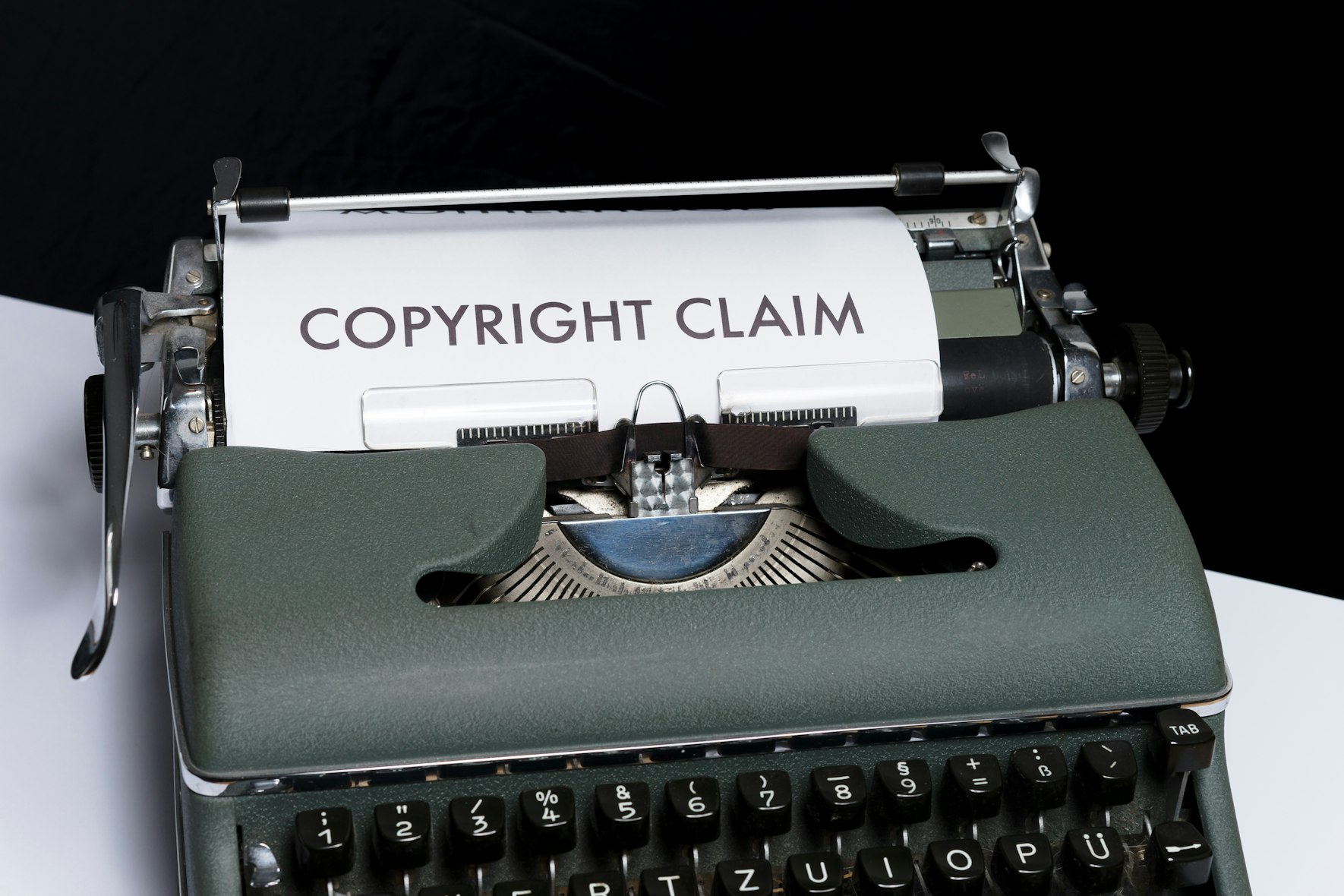The concept ‘human rights’ introduced in modern language in the 16th century. However, it was affirmed in the Universal Declaration of Human Rights (UDHR) on 10 December 1948. The declaration characterizes a global charter of rights announced ‘Universal’ and ‘Fundamental’ liberty, which exceeds national, religious, cultural and ideological aspects. The Universal Declaration has now turned into a basis of International Law. The enshrined confirmation accordingly in the ICCPR[1. The International Covenant on Civil and Political Rights, a multilateral treaty adopted by the United Nations General Assembly on 16 December 1966] and ICESCR [2. The International Covenant on Economic, Social and Cultural Rights 1966] deal with the rights of the individual human being and also lay down rights in perspective to globe. Human Rights are about the life, liberty, freedom, safety and majesty of men, women, youth and children. Government establishment is accountable to respect, protect and fulfil human rights hence they are not the single one concerned in human rights and sustainable human development the other common associations like human rights and socio-economic NGOs, societies as well as indigenous groups also play vital job in monitoring, defending and supporting human rights.
A variety of associations or institutions around the globe devote their labours in defending human rights and finishing human rights exploitations. The Non-Governmental Organizations’ (NGOs) is functioning each and every moment to file the wrongs took place upon female, kids and the working class peoples and by the dynamic agitation they recall the regime to maintain their swear in a realistic form. Basically an NGO is non revenue building, non aggressive, structured bunch of citizens linked with public wellbeing purposes who are not looking for government office though they habitually endeavour to pressure those are in power. They are working for those who are less influential and less privileged in a social order. They are demanding to change the rules to abolish communal and political bias on the cause of sex, groups, customs, race and beliefs. They are helping at diverse stages i.e., local, national and global through consciousness making and sending the message. The human rights activist plays significant job encouraging the rule of law, by ongoing their hard works to lay down principles to make sure that no rights are dishonoured by both the state and non-state actors.
Total 1,200 members from dissimilar NGOs were present at the time of San Francisco Conference in 1945 whose strong position formed the UN Charter and they mainly contributed to the language ‘We the people of the United Nations’, and the particular terms of NGO ‘Consultative status with ECOSOC [3. The United Nations Economic and Social Council]’. The phrase NGO has linked with the UN Charter [4. Article 71] states ‘The Economic and Social Council may make suitable arrangements for consultation with non-governmental organizations which are concerned with matters within its competence. Such arrangements may be made with international organizations and, where appropriate, with national organizations after consultation with the Member of the United Nations concerned.’ Thus, Article 71 of the UN Charter simply gives that NGOs will have consultative status with ECOSOC. Since they have gained gradually more function in the era of globalization, the ECOSOC espoused Resolution 1996/31, specify that which types of NGOs could achieve which kind of consultative status, the privileges and compulsions of NGOs in consultative status, measures for the removal or postponement of consultative status, the purposes of the ECOSOC Committee on NGOs, and the accountabilities of the UN Secretariat in nourishing the consultative bond. NGOs are treated to be the people’s podium for the fight against indifferent and antagonistic forces of the regime. They are having different type of status i.e. general consultative; special consultative; the roster status with ECOSOC. Kofi Annan, Former UN Secretary General stated ‘The 21st Century will be an era of NGOs’. The world conference on human right was held in Vienna in Austria in 1993 by the declaration ‘accepted the significant responsibility of Non Government Organization in the encouragement of the entire human rights’.
NGO does not have any official entry to the General Assembly (GA) and Security Council (SC) of UN however, several exemptions can be observed. The GA approved the observer status to (a) Palestine Liberation Organization (PLO) [5. The Palestine Liberation Organization (PLO) was established in 1964 and has been the embodiment of the Palestinian national movement.]; (b) ICRC and the International Federation of Red Cross and Red Crescent Societies; (c) the SC allowed members of Oxfam [6. Oxfam is an international confederation of 18 ngos working with partners in over 90 countries to end the injustices that cause poverty.], CARE, and Doctors without Borders, to address the crisis in the Great Lakes region of Africa. Furthermore, the Rome Statute (ICC) [7. Article 15] and the Rule 104 of the Rules of procedure and Evidence stated the important functions of the NGO. It plays a vital function in several areas to educate helpless groups, baby care, child abuse, child work, sex workers, and present counselling in various fields counting family disagreement and so on.
Lack of transparency in NGOs is an additional crisis where very small number present information about their employees, processes of work and sources of grants. According to the 2003 Global Accountability Report, published by World Trust, just forty seven NGOs circulate as yearly reports in online and three structures, namely the Red Cross, Oxfam International, and Worldwide Fund for Nature, gives economic information. In several occasions, NGO workers are orally condemned from agency and by the government. A number of activists tolerate even extra gritty confrontation and are harassed, endangered, apprehended, penalized, or victimized in an attempt to compose their analysis of violence.
Each and every human individual is allowed to enjoy certain fundamental human rights which are accessible to them without bias and that sort of human rights is secluded by the United Nations and its focused organizations. To defend human rights NGOs and human rights activists from harassment and litigation by the government and others, the UN espoused in 1998 a Declaration on Human Rights Defenders. The instrument includes importance of guidelines, although it is not legally binding yet will assist to increase the scope of activities and help to develop the defence of human rights activists. Thus, the governments in accordance with Article 8 of the Declaration have to ensure Right to have effective access, on a non-discriminatory basis, to participate in the government and in the conduct of public affairs and the right to submit criticism and proposals for improving their functioning. Article 9 stated that everyone has the right to benefit from an effective remedy and to beprotected in the event of violation of those rights; to this end everyone whose rights is allegedly violated has the right to complain before an independent, impartial and competent judicial authority established by law (including the right to a public hearing, due redress and compensation and enforcement). Similarly the regime will carry out a quick and independent inquiry whenever there is rational ground to judge that an infringement of human rights has happened. Therefore, the future of human rights safeguard would depend upon on how the United Nations and its members make facilitating provisions for NGOs to formulate global human rights in realism.
━━┅━━━┅━━
Copyright: Any unauthorized use or reproduction of Bangladesh Law Digest (BDLD) content for commercial purposes is strictly prohibited and constitutes copyright infringement liable to legal action.













